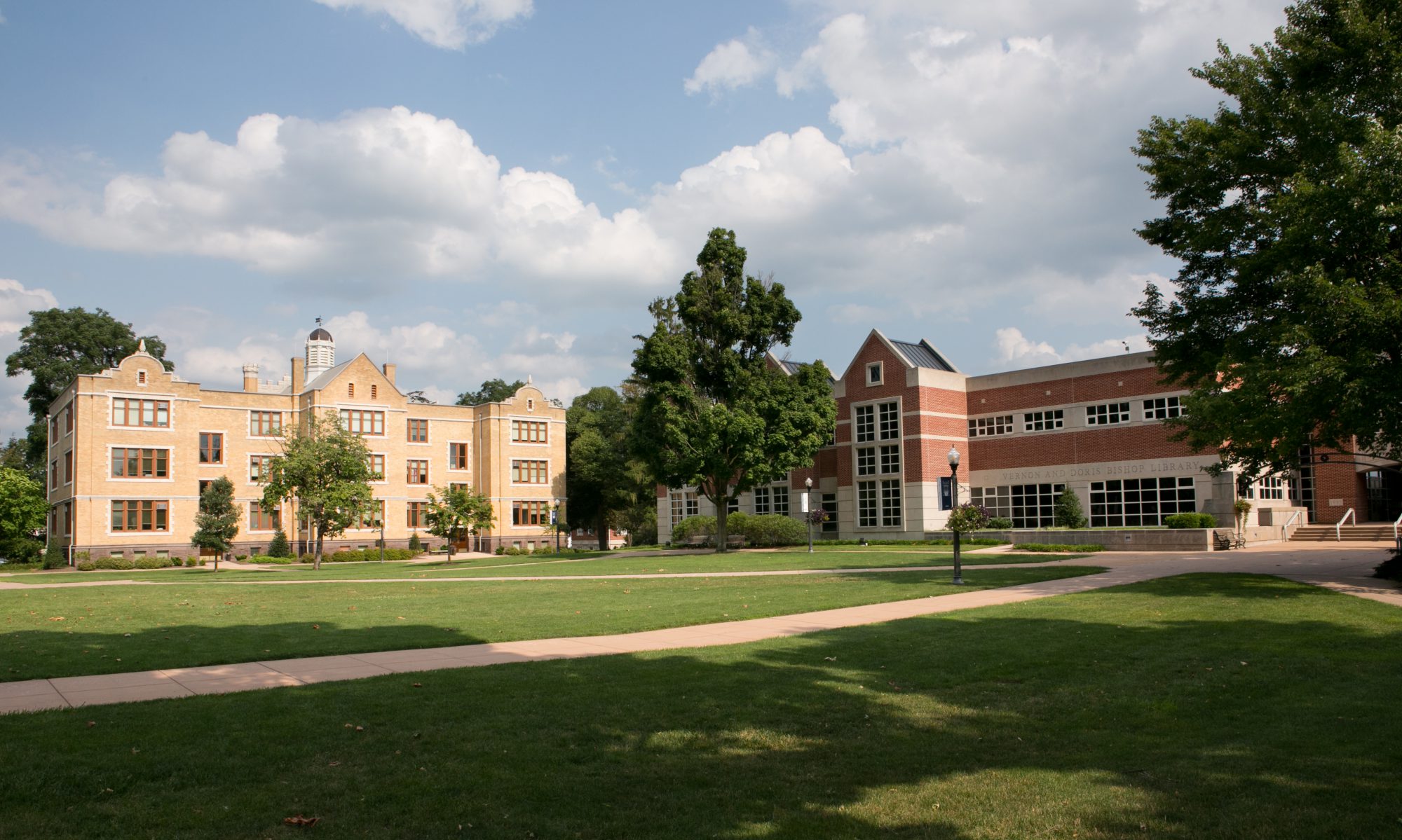Mindfulness is paying attention, on purpose, in the present moment, without judgment (Kabat-Zinn, 1990, p.4).
What is mindfulness?
The practice of being mindful involves paying attention to the present moment and being in a non-reactive state—meaning that there is no judgment about the right or wrong ways to feel about the events we are experiencing. When we are mindful, we stay in the present moment without rehashing the past or living in the future. When we pay attention on purpose, we have a “conscious direction of our awareness” in the present (Kabat-Zinn, 1994, p.4).
Why does LVC need mindful education?
The current generation of emerging adults (18-29) report high levels of stress, significant levels of anxiety and depression, and a host of physical and mental health problems that range from sleep disturbances to suicidal and self-harm behavior. Additionally, American workers in all fields report a high prevalence of stress-related physical and mental health problems, especially those who face emotionally demanding and challenging circumstances—circumstances that exist in all institutions of higher education (IHE’s).
In the past 20 years, there has been an exponential increase in the appearance of the words “meditation,” “mindfulness” and “yoga” in peer-reviewed journals, many of which demonstrate that mindfulness produces a host of positive outcomes including, but not limited to, reduced stress and negative emotions, reduced depression, improved focus and attention, increased empathy, reduced obesity, and overall enhanced well-being. Benefits of learned mindfulness skills are experienced in as little as 8-weeks of practice; some report overnight relief from a few practices (Ragoonaden, 2015)
Because of the evidence of the far ranging benefits of mindfulness, a growing number of institutions of higher education (IHE’s) have incorporated a contemplative, secular mindfulness dimension within their curriculum including the University of Virginia, Redlands, Emory, Brown, Rice, Amherst, Smith, Michigan, Naropa, etc.. These IHE’s incorporate mindful practices throughout the organizational culture. They recognize that professional success within the high performing culture of the IHE, and the world of work that awaits graduates, demands that we provide the tools for faculty, staff and students to focus on self-care that enhances workplace productivity and well-being.
Presidents Innovation Fund to Introduce Mindfulness to LVC
During the 2016-2017 academic year, programming will be undertaken to introduce mindfulness into the campus culture. The first phase will primarily target faculty and staff. The goal is to prepare participants to bring mindful education into the classroom and cocurricular environment—phase 2. A second goal of phase one is to enhance faculty and staff work satisfaction and productivity—another byproduct of mindfulness.
To achieve phase 1 goals, friend of the college Michael Carroll, author of Awake at Work (2005) and The Mindful Leader (2008) the will kick-off the effort in mid-September with a keynote event. This event will be followed with both fall and spring CETL workshops as well as a one-day mindfulness retreat.
Although the benefits of mindful practice are well established, successful integration of these practices into the college culture and pedagogy requires a commitment to practice.
Mindfulness isn’t difficult, we just need to remember to do it (Salzberg, 2010).
All mindfulness programming sponsored by the Presidents Innovation Fund will embody a commitment to practice. Please join us in the effort to make LVC a more mindful learning community.
References
Carroll, M. (2005).Awake at Work: Facing the Challenges of Life on the Job. Boulder, CO: Shambhala Publications.
Carroll, M. (2007). The Mindful Leader: Awakening Your Natural Management Skills Through Mindfulness Meditation. Boston, MA: Trumpeter Books.
Ragoonaden, K. (2015). Mindful Teaching and Learning: Developing a Pedagogy of Well-Being. New York: Lexington Books.
Salzberg, S (2010). Real Happiness: the Power of Meditation. New York: Workman.
Kabat-Zinn, J. (1994).Wherever you go, there you are. New York: Hyperion.
